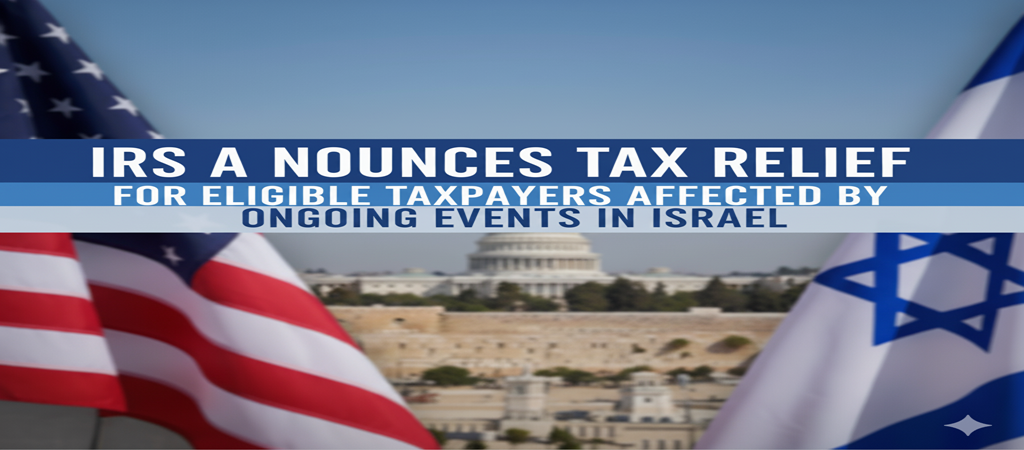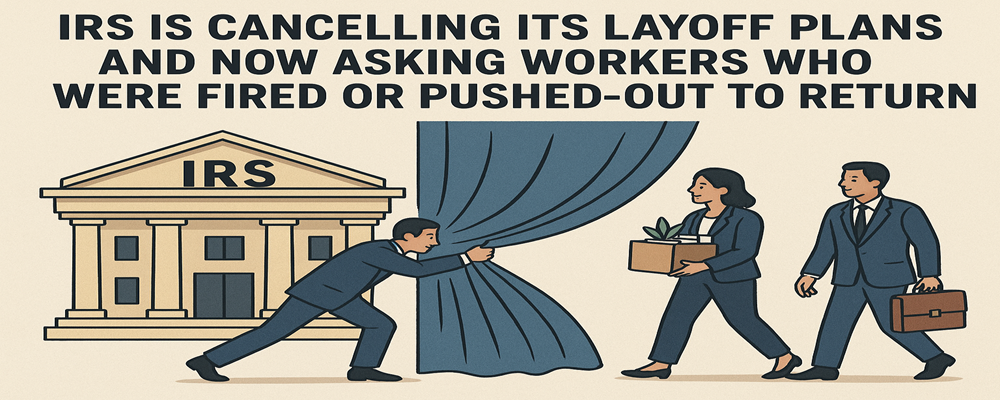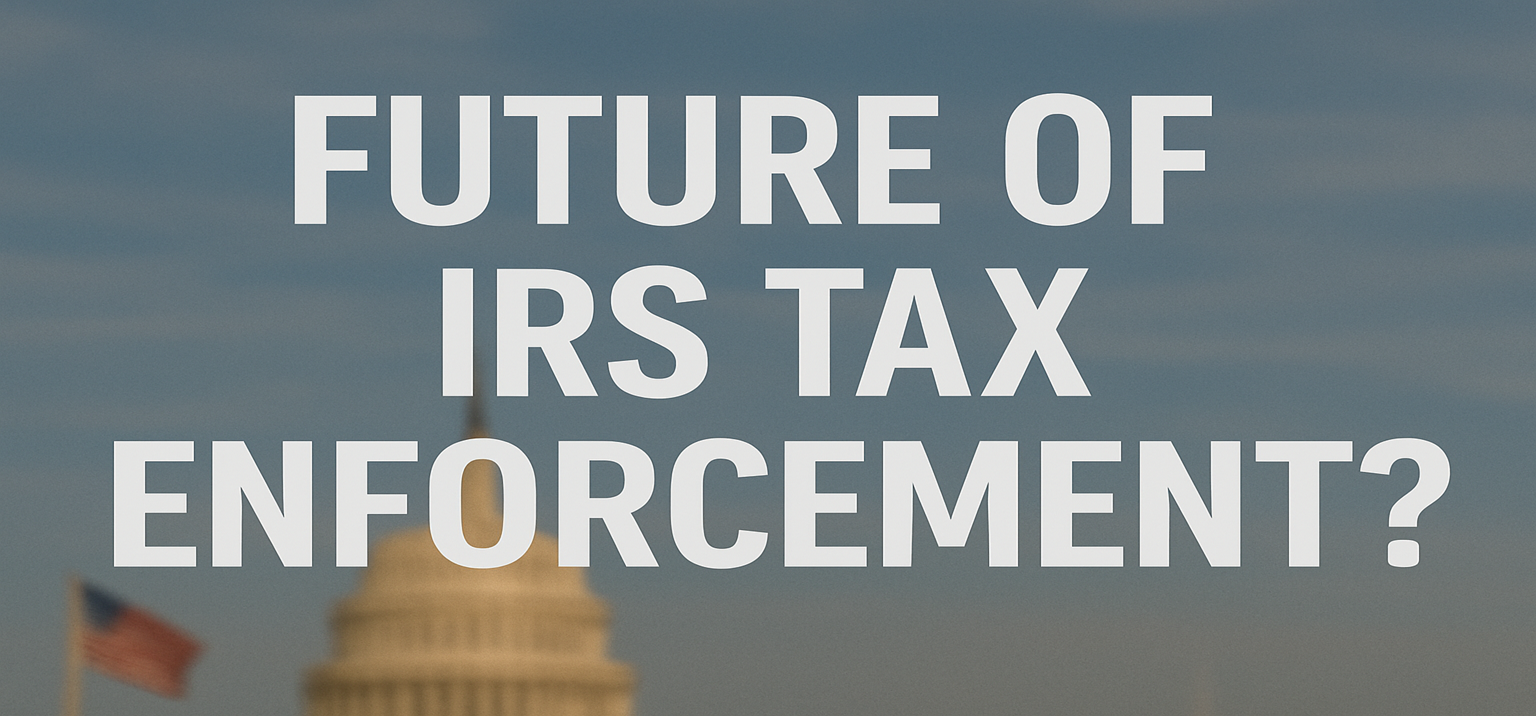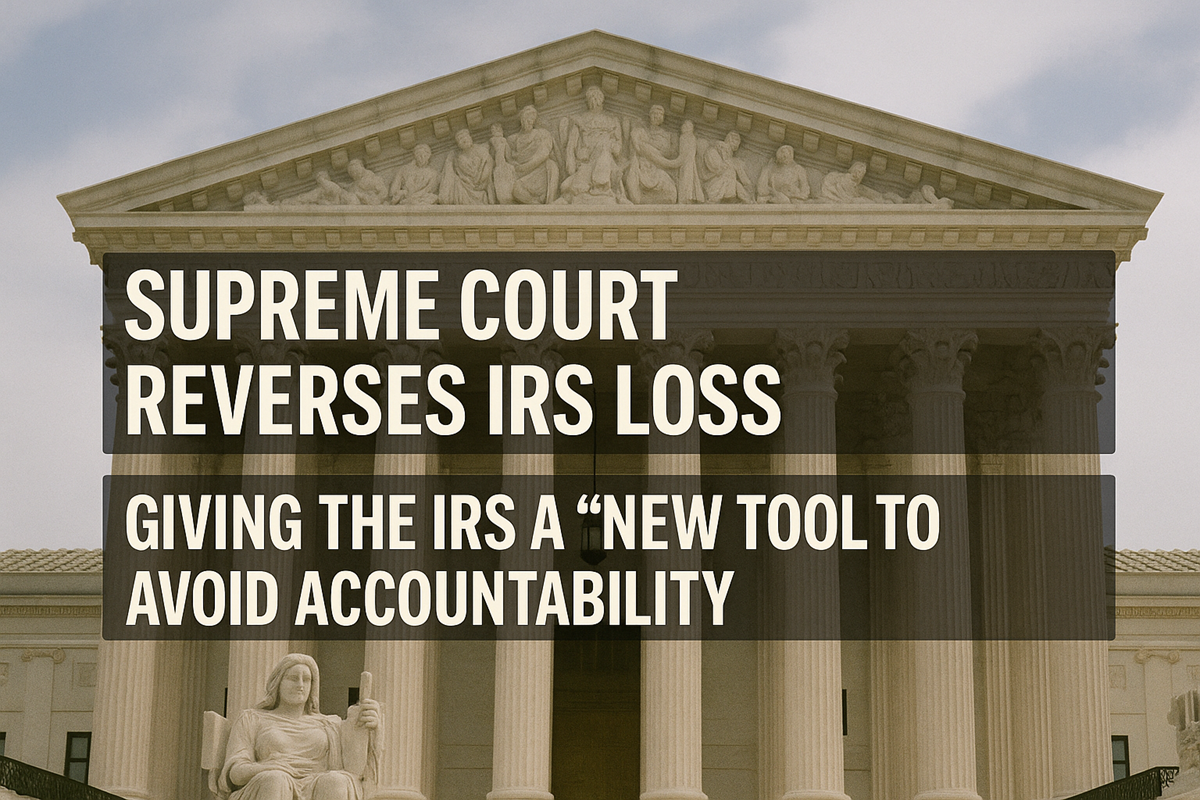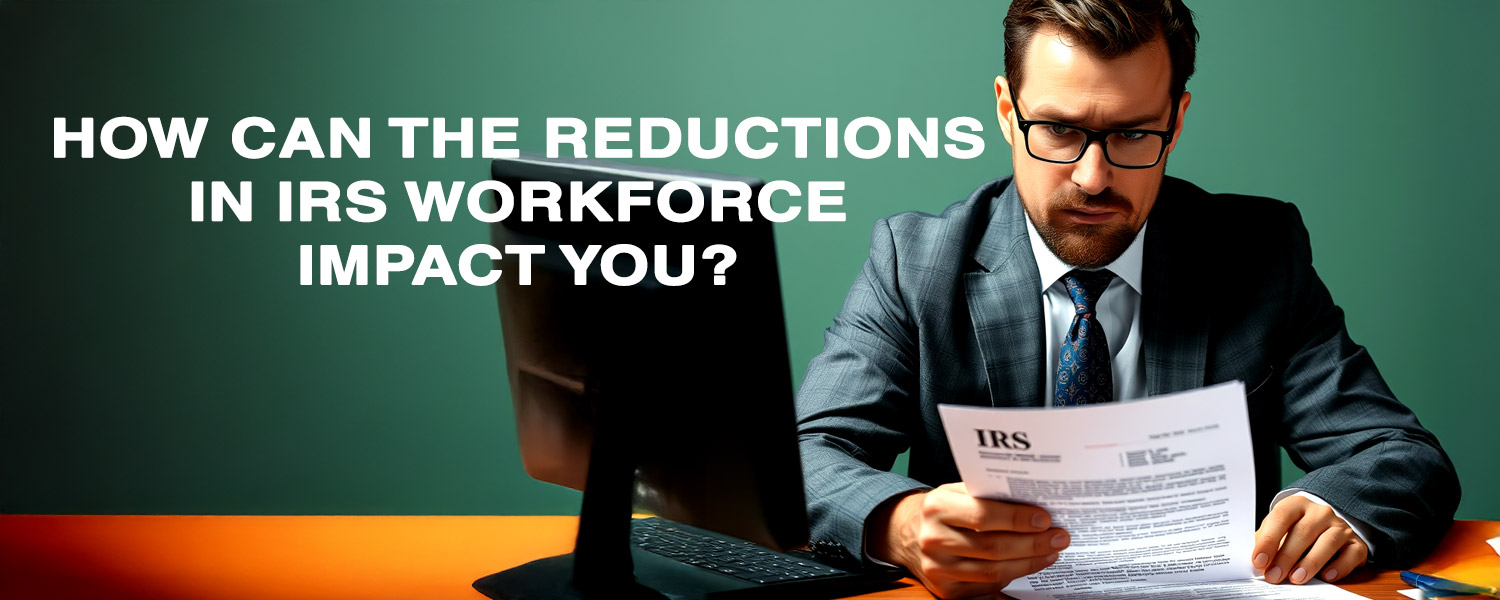How The Federal Government’s Shutdown Is Creating Opportunity For Taxpayers With IRS Debt.
At midnight on October 1, 2025, funding for Federal government agencies lapsed triggering a partial shutdown of the federal government. The date when funding will be restored by Congress has not been established but under plans established by each Federal agency, as the lapse in funding continues more Federal government functions will be shutdown.
The Anti-Deficiency Act.
Overriding each Federal agency’s plan is the Anti-Deficiency Act, 31 U.S.C. §1341, which provides that in the absence of appropriated funds no obligation can be incurred except for the protection of life and property, the orderly suspension of operations, or as otherwise authorized by law. This means that absent an appropriation, many Federal employees are prohibited from working, even on a volunteer basis, “except for emergencies involving the safety of human life or the protection of property”. 31 U.S.C. §1342. Accordingly, each Federal agency must designate those employees whose work is necessary to sustain legal operations essential to the safety of human life and the protection of property.
Department Of Justice’s Contingency Plan.
The Department of Justice has issued guidance, which gives priority to continuing work on criminal cases. Consequently, no employees in the Tax Division of the Department Of Justice will be authorized to work on CIVIL MATTERS during a lapse in appropriations.
Internal Revenue Service’s Contingency Plan.
The IRS being an agency under the Department Of Treasury in late November issued a fiscal year 2019 “Lapsed Appropriations Contingency Plan” that governs what will happen at the IRS during a government shutdown.
This initial plan covered only a five-day shutdown and was formulated for 2018/2019. But given that we are in 2025 and the shutdown could last longer than five business days, the IRS may have to reassess ongoing activities and identify necessary adjustments of excepted positions and personnel.
The initial plan identified 9,946 IRS employees as “excepted/exempt” employees who would not be furloughed. The rest of the IRS’s 79,868 employees (as of November 10, 2018) would be furloughed, meaning they will be put on leave of absence without pay, under 5 C.F.R. Section 752.402.
The initial plan identified the following activities of IRS that will continue which are necessary for safety of human life or protection of government property:
- Continuing to complete and test upcoming filing year programs
- Processing electronic returns, up to the point of refund
- Processing paper tax returns through “batching”
- Processing remittances; and
- Maintaining criminal law enforcement operations.
When funds are appropriated to the IRS, furloughed employees will return to work (they are expected to return within four hours after the reactivation is announced if it occurs on a scheduled work day). However, the Trump Administration announced that in lieu of furloughed employees eventually coming back to work, certain of these employees may be permanently discharged.
An Opportunity For Taxpayers Who Owe The IRS.
Do not think that if you owe the IRS your tax problem will disappear because the IRS is not fully operational. Instead you should be utilizing this valuable time to get yourself prepared so that when IRS re-opens for business, you are ready to make the best offer or proposal to take control of your outstanding tax debts.
As a prerequisite to any proposal to the IRS, you must be in current compliance. That means if you have any outstanding income tax returns, they must be completed and submitted to IRS. Also, if you are required to make estimated tax payments, you must be current in making those payments. As we are in the last quarter of 2025, taxpayers who expect to owe for 2025 should start organizing their records for 2025 so that in early 2026, their 2025 income tax returns can be completed and the 2025 liability can be rolled over into any proposal. Under such a scenario you would not be required to make estimated tax payments until 2026.
The take away from this – use the Federal government’s downtime to your advantage to prepare for the future.
What Should You Do?
You know that at the Law Offices Of Jeffrey B. Kahn, P.C. we are always thinking of ways that our clients can save on taxes. If you are selected for an audit, stand up to the IRS by getting representation. Tax problems are usually a serious matter and must be handled appropriately so it’s important to that you’ve hired the best lawyer for your particular situation. The tax attorneys at the Law Offices Of Jeffrey B. Kahn, P.C. located in Orange County (Irvine), the San Francisco Bay Area (including San Jose and Walnut Creek) and elsewhere in California are highly skilled in handling tax matters and can effectively represent at all levels with the IRS and State Tax Agencies including criminal tax investigations and attempted prosecutions, undisclosed foreign bank accounts and other foreign assets, and unreported foreign income. Also if you are involved in cannabis, check out what our cannabis tax attorneys can do for you. And if you are involved in cryptocurrency, check out what a bitcoin tax attorney can do for you.


